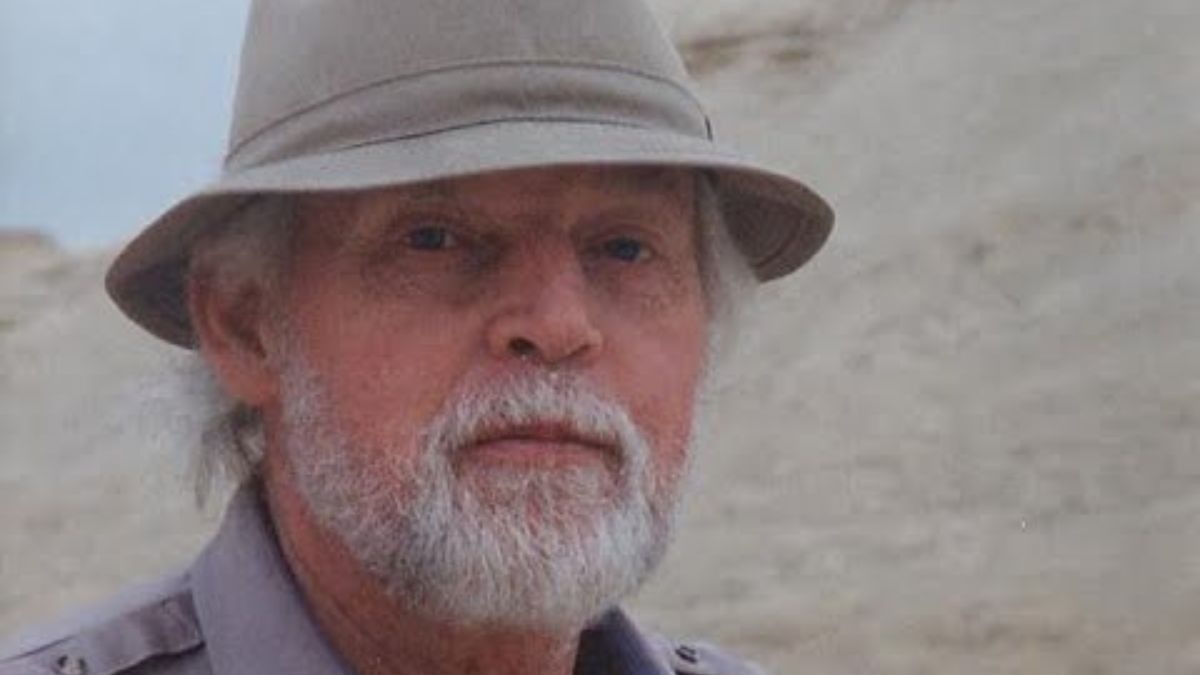Even after his death in 1999, archaeologist and biblical scholar Ron Wyatt (1933-1999) continues to be a mysterious character. His claims to have found physical proof for key biblical events have provoked equal parts interest and doubt. This article delves into the controversial legacy of Ron Wyatt, exploring his work, the reception from mainstream archaeology, and the ongoing debate surrounding his findings.
Wyatt’s Background
In 1960, after working as a nurse-anesthetist for a while, Ron Wyatt decided to pursue amateur archaeology as a hobby. A picture of the Turkish Durupnar location, whose rock formations mimic a giant boat’s hull, sparked the idea for his voyage. This finding prompted Wyatt to continue his explorations in the field of archaeology.
Wyatt’s Work and Organizations
Wyatt went on to build the Wyatt Archaeological Research (WAR) organization and museum in the years that followed. These organizations were committed to spreading the word about Wyatt and his groundbreaking archaeological discoveries.
Discoveries and Controversies
Noah’s Ark
The supposed finding of Noah’s Ark remnants is one of Wyatt’s most well-known claims. Mainstream archaeologists, however, have largely dismissed this claim, pointing to a lack of evidence and the interpretative character of Wyatt’s results as reasons.
Ark of the Covenant and Moses
Wyatt added claims about finding the Ark of the Covenant and Exodus–related antiquities from the Red Sea to his resume. The absence of supporting data and the apparent lack of scholarly rigor in these claims prompted suspicion.
Reception and Criticism
Mainstream Archaeological Rejection
The majority of the archaeological community was strongly opposed to Wyatt’s findings. His techniques were critiqued for being too subjective and lacked the scientific rigor that is expected in academia.
Skepticism from Christians
There was doubt even among Christians about Wyatt’s assertions. The majority of his followers were from the more conservative segments of the evangelical Christian community, while more moderate believers rejected his conclusions.
Assessment by Answers in Genesis (AIG)
A critical analysis of Wyatt’s statements was presented by Answers in Genesis (AIG), highlighting the importance of thorough investigation. The group stressed that if even one of Wyatt’s statements turned out to be untrue or fraudulent, it would cast considerable doubt on the veracity of his whole body of work.
Legacy and Continuation
Some of Ron Wyatt’s recorded results have been difficult to track down after his death in 1999, when there was a dispute over who should keep his papers. Mary Nell Wyatt, Wyatt’s wife, has persisted in defending his legacy after his death and has even added new claims in certain cases.
Pseudoarchaeology and Biblical Archaeology
Wyatt as a Pseudoarchaeologist
Many people use Ron Wyatt as an example of a pseudoarchaeologist since he presents evidence that is often considered to be fake or poorly understood by amateurs. His research has been criticized for missing the academic rigor needed to make valid contributions to the field of archaeology.
Biblical Archaeology Debate
The general academic world sees efforts to use Wyatt’s findings as proof of biblical events as erroneous or uneducated, yet fundamentalists sometimes do so. Wyatt’s results are so controversial that even the conservative Christian group Answers in Genesis won’t back him.
Conclusion
The legacy of Ron Wyatt is fraught with debate since his unusual archaeological claims pushed the limits of mainstream scholarship. While his work is still seen as innovative by some, it is often met with skepticism and scrutiny.
ALSO READ: WWE Raw S31E19: A Spectacular Night of Wrestling
FAQs
Did Ron Wyatt’s discoveries receive support from mainstream archaeologists?
Actually, most established archaeologists didn’t buy Wyatt’s story because of his scant proof.
What organizations did Ron Wyatt establish to support his work?
Actually, most established archaeologists didn’t buy Wyatt’s story because of his scant proof.
How did the Christian community react to Ron Wyatt’s claims?
Wyatt had the backing of the most radical elements of the evangelical Christian community, but he didn’t have the confidence of most Christians.
What is Pseudoarchaeology, and is Ron Wyatt considered a pseudoarchaeologist?
Evidence that is either falsified or misinterpreted is used in pseudoarchaeology. Many people use Ron Wyatt as an exemplar of a pseudoarchaeologist.
Despite the fact that Ron Wyatt passed away in 1999, his wife, Mary Nell Wyatt, has never stopped defending his legacy or introducing new claims in his name.











